We caught up with the brilliant and insightful Rian Feldman a few weeks ago and have shared our conversation below.
Rian, thanks for joining us, excited to have you contributing your stories and insights. What’s the backstory behind how you came up with the idea for your business?
After realizing that arbitrarily exploiting non-human animals based on their species was unethical and immoral, I devoted myself to veganism and began educating others about animal rights and the plight of farmed animals in the food system. I had adopted a pitbull named Uncle Neil, another animal exploited based on outward appearance, and nursed him back to health after he was found in an abandoned backyard in horrible shape. During that time, it was impossible not to think about the countless other animals who needed love and protection, just as much as Uncle Neil did. I became inspired to take the unconditional love that I have for Neil and spread it to other animals in need. We wanted to do more beyond simply not eating/wearing/using animals, and decided to purchase a farm and turn it into a safe haven for those who need it most. We named the sanctuary Uncle Neil’s Home, and began our mission to rescue farmed animals and give them a lifelong home, while educating and advocating for compassionate, cruelty-free, and vegan lifestyles. I envision a world that rejects speciesism, where all animals are free from suffering and exploitation and treated with the respect that they deserve. We are devoted to helping society see that the only difference between an animal who we traditionally welcome into our family versus an animal on our plate is the way they look on the outside. They are different, but not in the ways that matter. We share the personalities and journies of the 76 rescued residents who live at the sanctuary to help people connect with animal who they don’t give thought to otherwise.
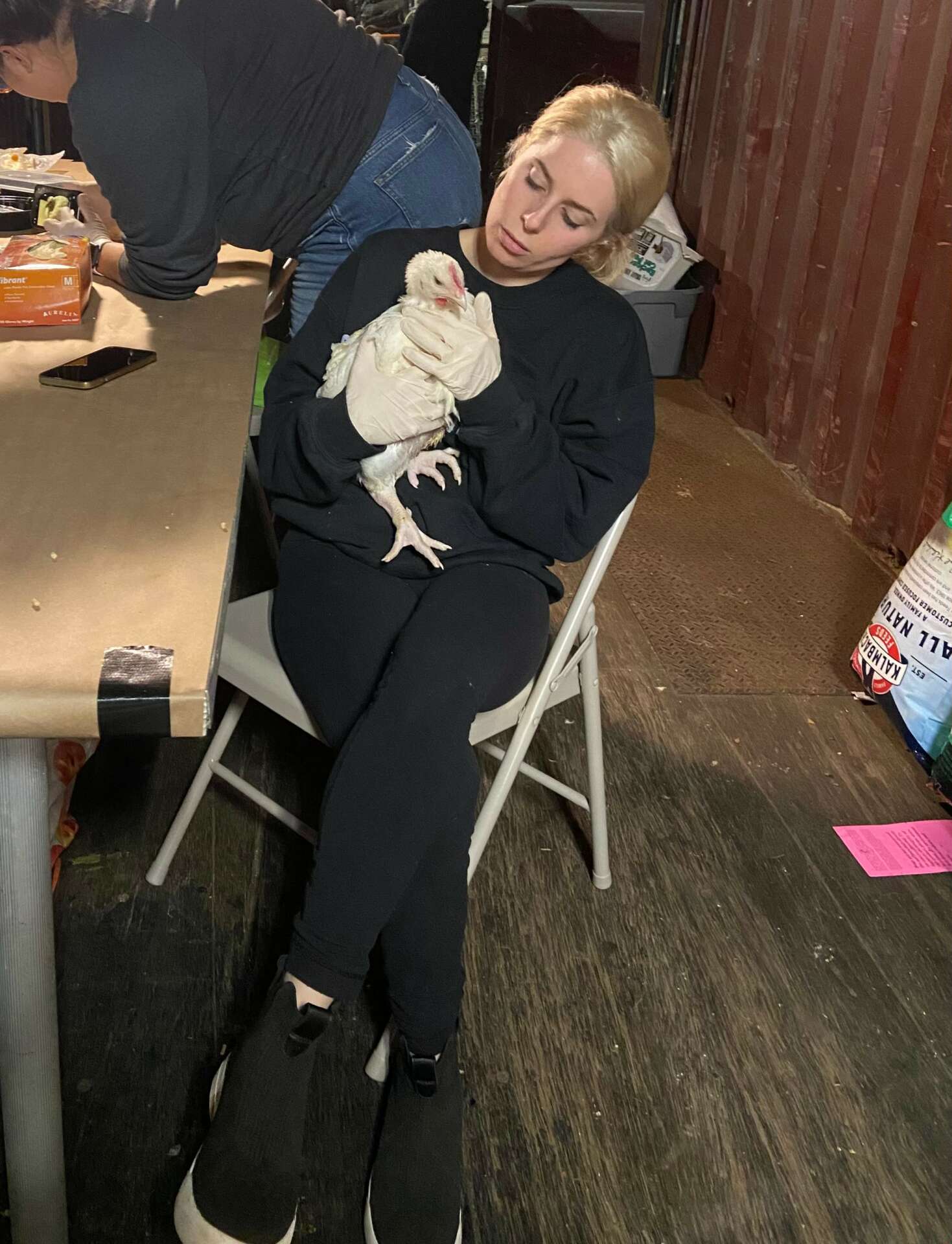
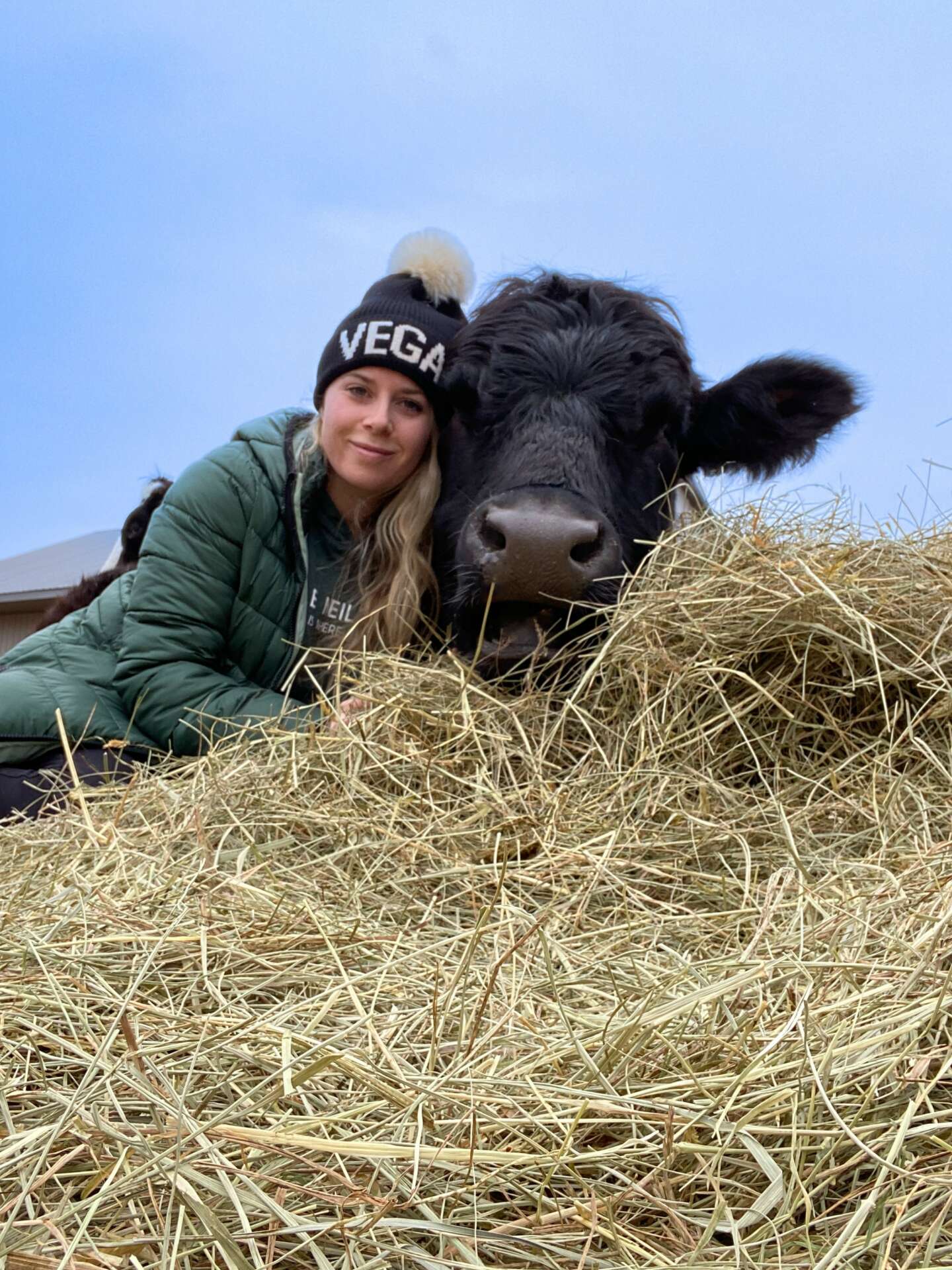
Awesome – so before we get into the rest of our questions, can you briefly introduce yourself to our readers.
My name is Rian, and I am a Registered Dietitian by trade, but left the industry after realizing that the government dictates the food on our plate based on profit and not evidence-based nutrition research. I now work for an organization dedicated to exposing the dairy industry’s lies, in addition to running the sanctuary. I went vegan in May of 2018 after years of being vegetarian on and off. I grew up in a traditional non-vegan household, and even my parents will tell you that from a very young age, I was skeptical of the “food” that was put on my plate. It made me very anxious and uncomfortable to eat, but I wasn’t educated enough and too young at the time to understand why and make the connection. My family’s business is, ironically, extremely tied to the meat industry. It wasn’t until 2018 during a stint of vegetarianism that I came across footage from a slaughterhouse. At that moment, everything that I had felt over the last 20+ years came to a head and I finally understood why I never felt comfortable eating animals. I went vegan at that moment and never looked back. Fast forward a few years later, I opened our sanctuary and in just a few short years, we’ve rescued over 100 animals and their stories have been seen by tens of millions of people.
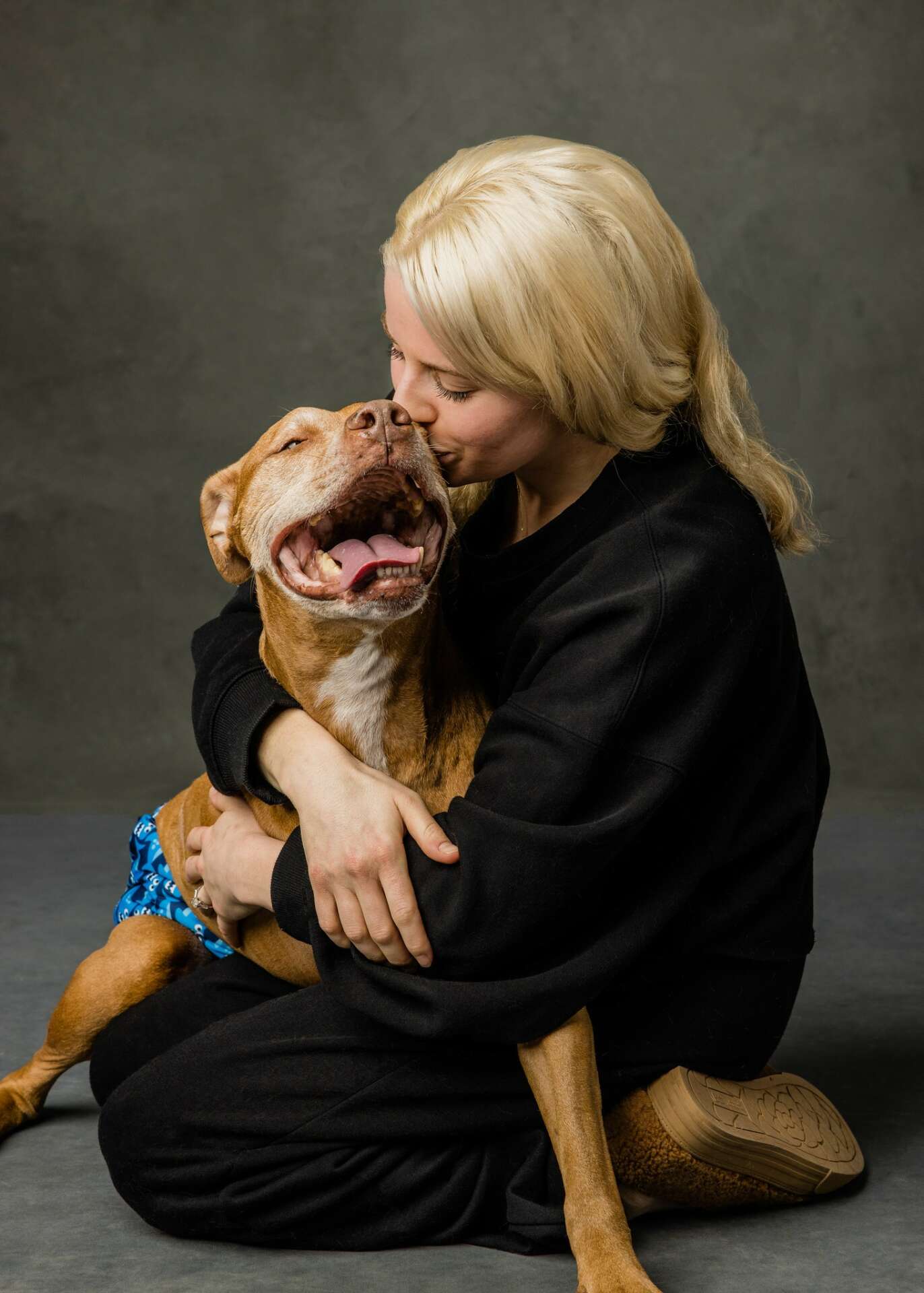
Can you tell us about a time you’ve had to pivot?
I went to school to be a dietitian and finally became a Registered Dietitian in 2017. I quickly learned how the government dictates the dietary guidelines that outline how a “healthy population” should be eating. This is all decided by MONEY, and not based on what is healthy for us. I didn’t know this until I learned about the inner workings of the USDA. I used to work for a nutrition organization who was so entwined with USDA that I got scolded once for sharing unbiased research with a client who had cancer, simply because it was different from what the USDA recommends. I quit immediately and left the industry because it is unethical to lie and promote foods that you know will make someone sick and lead to chronic illness.
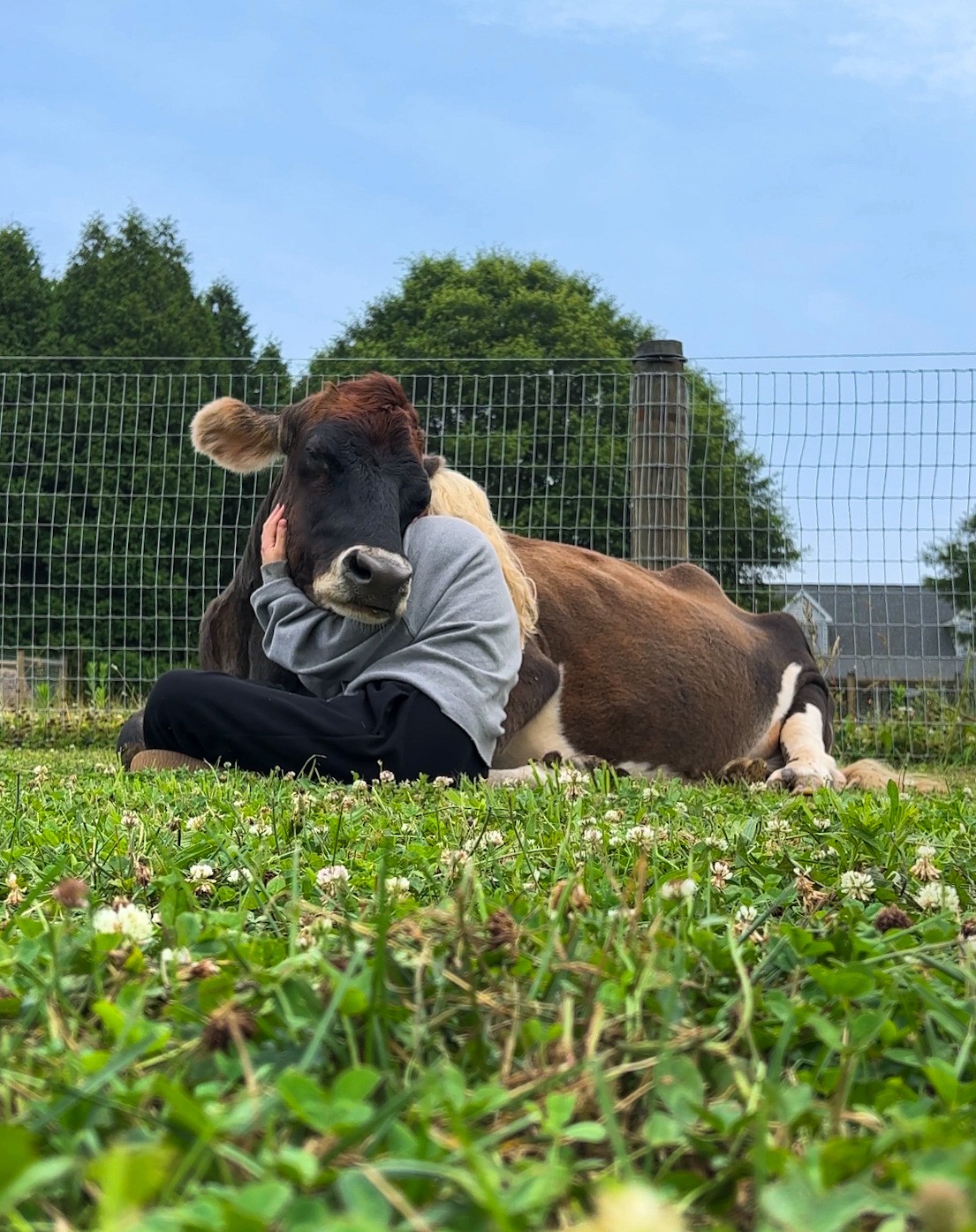
What’s been the most effective strategy for growing your clientele?
I wouldn’t necessarily call it a strategy, but I have immense gratitude for everyone who supports us and I make it a point to make our supporters feel special, like they’re individuals and not just a part of a whole (while I do also focus on building community). I think that helps strengthen the bond we have with our supporters and community and helps to facilitate growth for the organization. I always answer comments, messages, I learn people’s names and unique things about them, I check in with supporters and send out newsletters. I believe this all helps consistent growth.
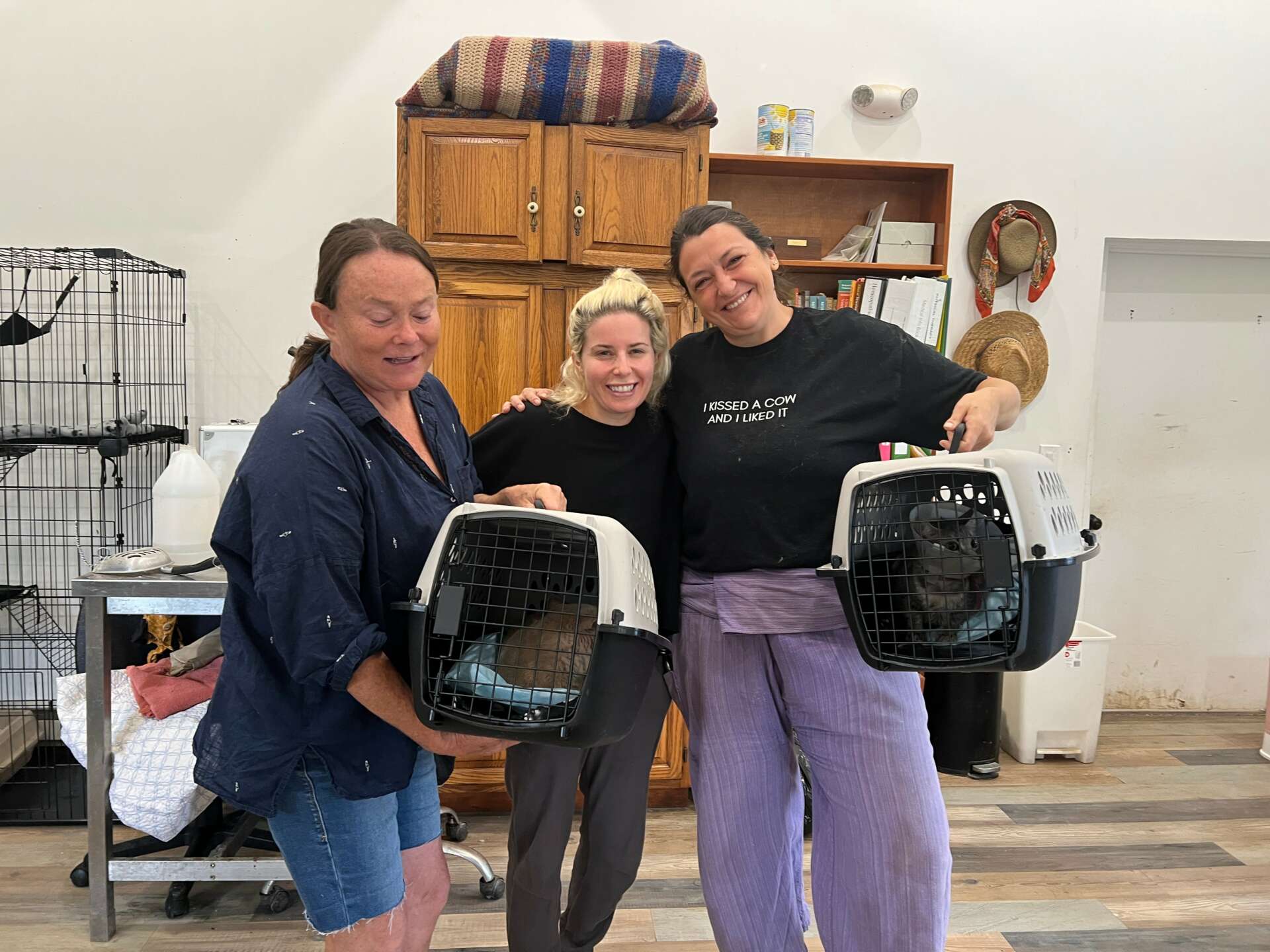
Contact Info:
- Website: uncleneilshome.org
- Instagram: uncleneilshome
- Facebook: uncleneilshome
- Youtube: uncleneilshome
Image Credits
I own all of these images


